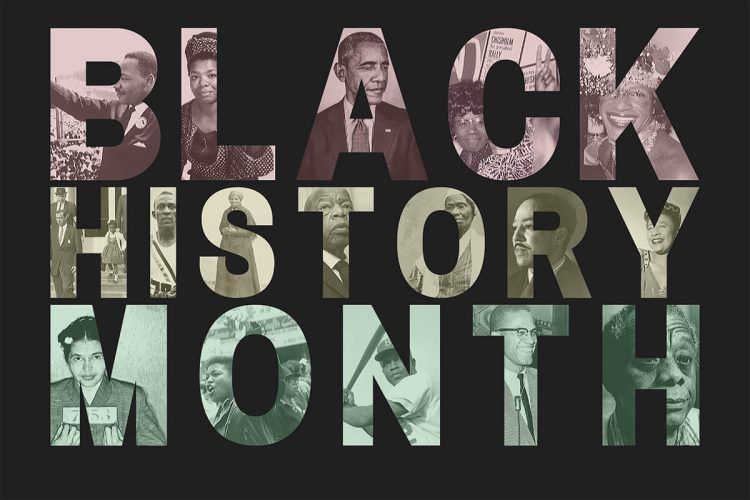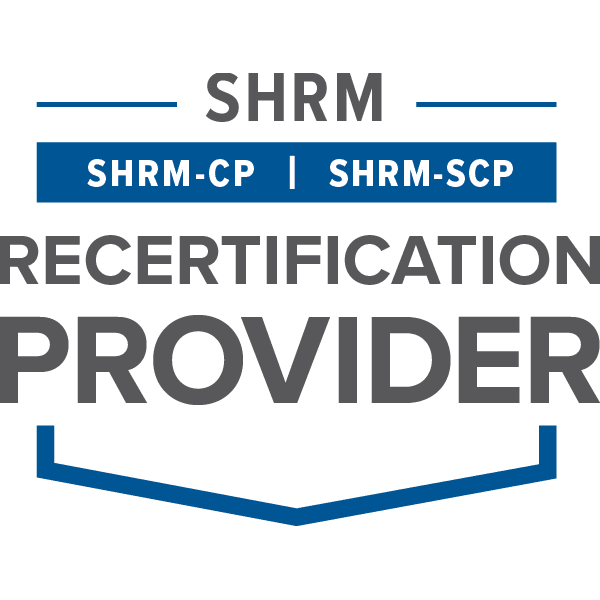Say No To "Text Talk"
In our modern-day era of an “instant” lifestyle, we like everything to be quicker, faster, and rapidly available to us. We like our food fast, our delivery overnight, and all of our information and research available with the touch of a button. This mentality has even mixed into our everyday communication. We have reduced our words and communication to acronyms and even our alphabet and number combinations have shortened words and phrases, i.e, “Wyd?”. This shorthand is now called ‘Txt Tlk’. See what I did there…lol.
All joking aside, there are times when this shorthand should not be used, and the professional world is a primary place where it’s use is inappropriate. Work documents, including emails, faxes, and other documentation, should not include this shorthand communication. Although we live in a “right now” society, we need to remain diligent in using clear language when communicating to clients, employers, employees, and even colleagues. When using this informal, ambiguous text talk, the message being communicated tend to lose its importance, sincerity, and sense of urgency, creating a powerless ineffective statement.
The ultimate purpose of text talk is to communicate quicker and to use less effort. However, this can still be done while remaining professional: using clear, concise, and straight to the point wording can minimize the number of words needed to convey the message. Although, the omission of the extra words will still communicate the point of the message, there is risk that it may remove tone and even the human aspect of our words. An established relationship may neutralize this risk with a baseline knowledge and understanding between the sender and receiver.
The bottom line is that professional communication should remain in plain language with correct spelling, grammar and proper punctuation. Let’s stay away from “txt tlk” in the not only in the office, but in our daily lives. Now that so much of our life is virtual, it’s sometimes nice to have a little humanizing through our messages.





